After eight months of delayed disbursements in the “Inua Jamii” cash transfer program, I was delighted to hear that the beneficiaries can now smile all the way to the bank. I knew it would go a long way in supporting the vulnerable members of our society, the almost forgotten, I must add.
But my elation was however incomplete because on deeper analysis of the matter upon reading that “this transfer brings together three cash transfer programs; Cash to orphans and vulnerable children, older persons Cash transfer program, and persons with severe disability cash transfer”.
Just then I recalled a discourse that I had, recently, been involved in during one of the support group meetings for wives of incarcerated men at Advocacy for incarcerated families (AFIFA).
It hit me hard how, looking helpless, one female client had lamented, saying: “I am classless when I appear before the bursary committee.
“I am not a widow. I am not disabled, and neither am I elderly,” she paused to wipe away the tears before nervously adding:”They don’t have a class for wives and children of men in prison.”
This got me thinking about what this Inua Jamii program really is. “Inua jamii” loosely translates as “lift up the community” that shares values, beliefs and behaviors.
Any program clothed as such but excludes a section of its vulnerable people like the families of those incarcerated cannot be termed as being inclusive. Premised on this reasoning, Inua jamii is non-inclusive to the extent that it excludes families of inmates, whose plight we have ignored as a society.
Any factor that has the potential to retard development is and should concern both the developers and the developed. Cherished beliefs influence the behaviors of a people.
With regard to incarceration, long-held stereotypes tend to apportion collective blame of a crime committed to the whole family (convicts, their wives and children), callously embroiling and cuffing the innocent family alongside the convict. This is savage from a society like ours that is founded on the Utu/Ubuntu principles of community.
From the 1930’s we recall the words of one penal reformer, Sir Alex Paterson: “You cannot train a man for freedom under conditions of captivity”. No more can development be made meaningful to inmate families until their socially-imposed captivity without walls is dismantled.
In the era when the feminist agenda, human rights, democracy and sustainable development goals drive the global dialogue of the day, it is not enough just to point out women and children of incarcerated men as hidden victims of the criminal justice systems world over.
The realization that none of us is and should be above the law, not only exposes our own vulnerability but should in itself be an incentive for animated dialogue to stem this systemic vice, inaction and prejudice towards the adverse effects of imprisonment on families of inmates. A vice that is double edged.
The precedence we set or allow to be set becomes a universal yardstick, a reference frame for our host communities when reacting to our own incidental incarceration. The social norm.
We should and must bring the dialogue about the plight of inmates on the table now, alongside other existential threats. It is that urgent.
We must awake to the reality that there are other captivities that plague and incapacitate communities and which are already prioritized, are no greater than our socially-constructed regard and respect for the wives and children of incarcerated men, especially among patriarchal societies.
In attempting to address crime and civilization, we have created an autophagic monster which is insidiously devouring us. As we developmentally accelerate, in disregard to the adverse effects of incarceration on the family unit, we, ironically, gain deceleration momentum that negatively counters the positive gains of genuine development efforts.
It is imperative that we as society, register the unintended damage of incarceration on the family and begin a deliberate move to engage in envisioning a healthy, resilient and functional community-incubated family that is well equipped with innovative approaches to adapt effectively to any adverse effects of incarceration.
AFIFA is now pushing for and urgently making a strong case for this dialogue, which is long overdue.
As a duly-registered Kenyan Non-governmental organization advocating for the rights of the families of those in prison, we stand for candid dialogue with the prerequisite support and action as the true North in wholesome, positive transformation in this matter.
It is incumbent on all and sundry to pursue efforts that palliate the backlash of incarceration on the family (women and children). It is expedient that we dialogue and advocate to cuff the convict and not the family. A convict’s family has got nothing to do with the crime for which one has been sentenced.
The systemic ignoring and sidelining of inmate families from mainstream socio-economic networks is counterproductive, a scheme working at cross-purpose to developmental efforts.
These families suffering double retribution in the hands of our society and the criminal justice system should be given a hand in severing the vicious cycle of induced generational conflict with the law and its far reaching adverse effects. They should be empowered through improvement of access to quality education, welfare, relief from poverty, promotion of human rights and good governance.
Let us dialogue now, on inmate families.







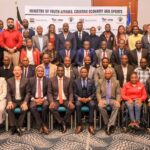







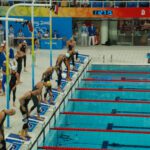

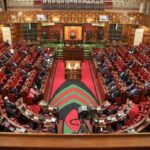




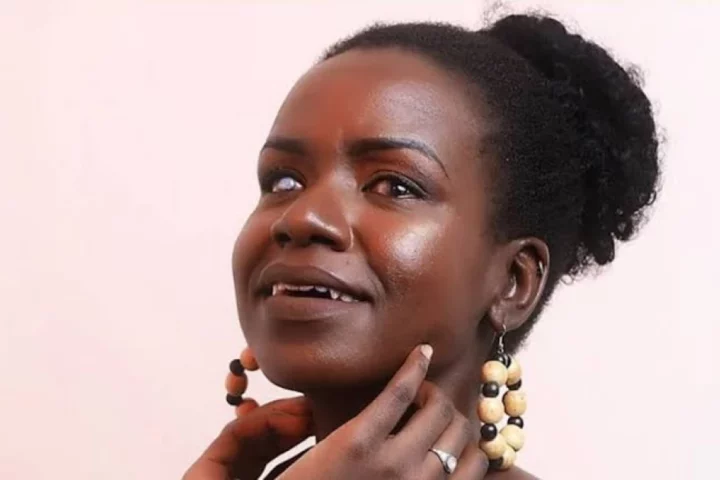
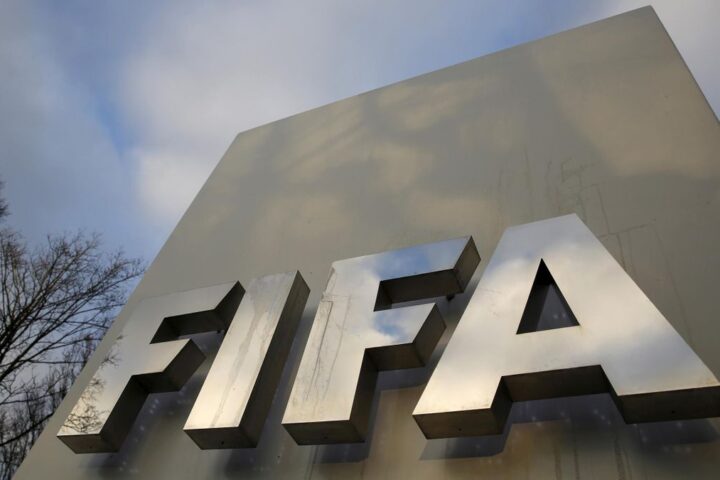
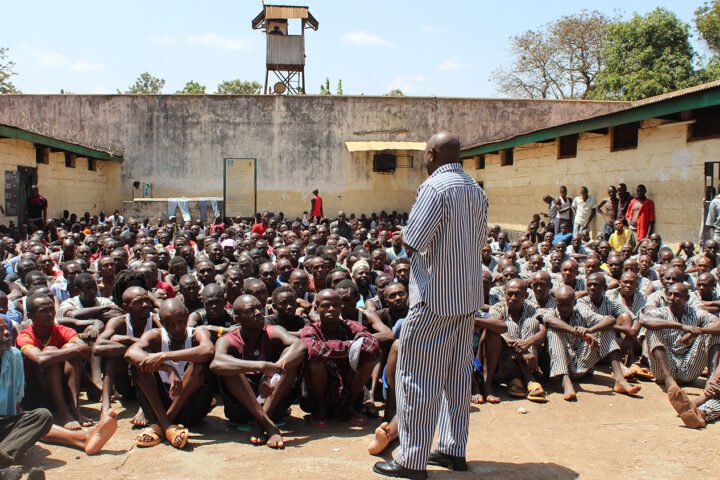
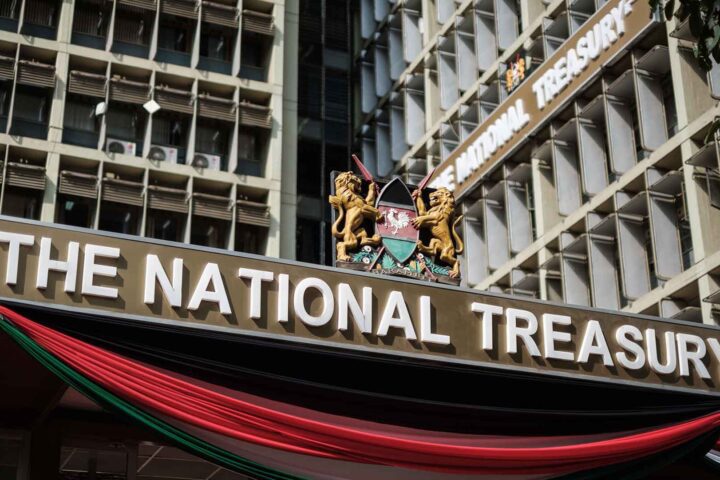
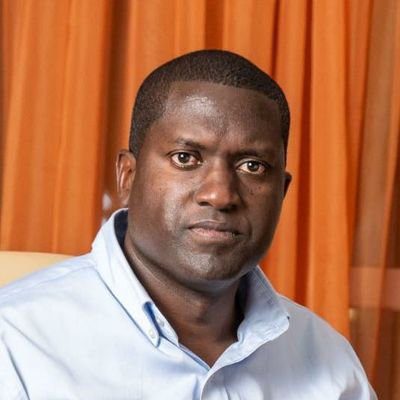

God bless you bro Okuya for that visionary thought. I believe it is impacting on livelihoods.
AFIFA is the best idea of the millenium! The suffering many families undergo when a loved one is incarcerated is worse than you imagine.
This is one area which has been ignored since time immemorial. It has been treated like an abomination to talk about inmates and their families. Thank for the courage and milestone of trying to unearth it..
Such an inspirational person! They’ve been forgotten in our society but you are God-sent. May God bless AFIFA.
Much blessing my brother for the initiative, reaching out to the forgotten in the community, may God’s favor be upon the organization.
May Our Almighty Father bless you abundantly,you are really a God-sent